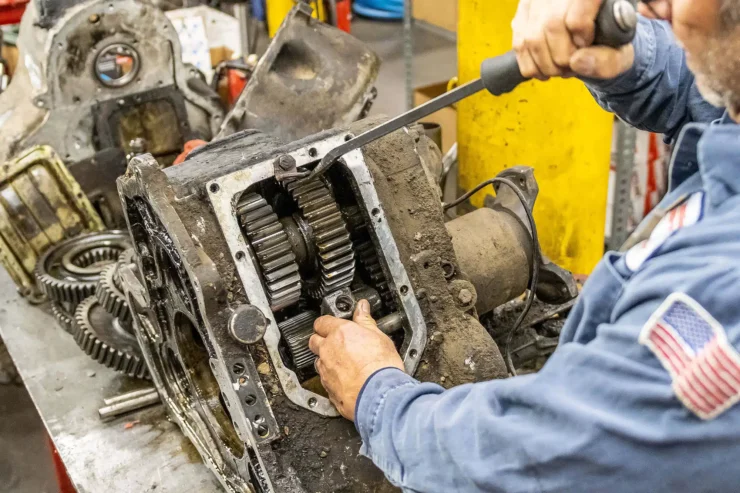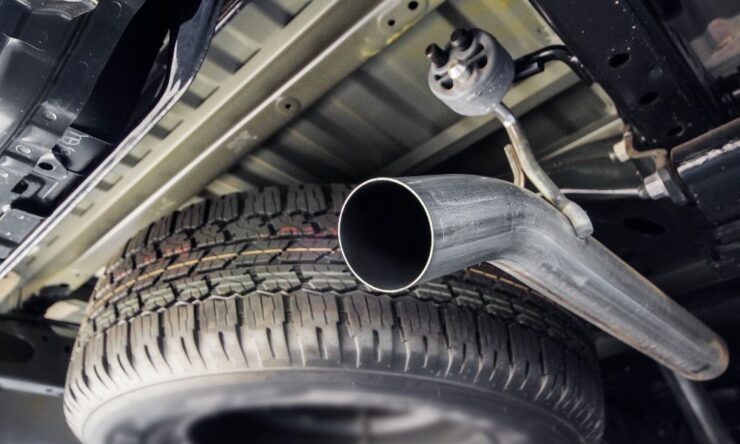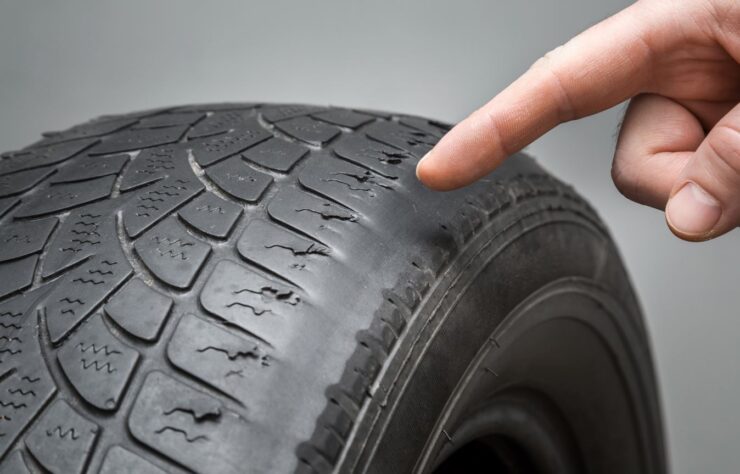Table of Contents
Ah, trucks—rugged, reliable, and there when you need them. Except when they aren’t. Any truck owner knows the deal: breakdowns, weird noises, and that sinking feeling when a problem could mean a big bill.
But fixing problems doesn’t have to mean an empty wallet. Whether it’s a weird rattle, a refusal to start, or brakes acting funny, you can tackle issues without splurging.
Key Points
- Quick solutions save money.
- Basic parts can go a long way.
- Avoid frequent stops at mechanics.
- Minor tweaks mean fewer issues.
- Smart fixes mean more mileage.
1. Engine Trouble
An engine is the heart of your truck, so it’s not surprising it tops the list of common issues. Engines start acting up due to old oil, overheating, or faulty spark plugs. When you spot a check engine light or hear odd noises, it’s time to act.
To keep things affordable, don’t ignore warning lights. Replacing spark plugs and checking your oil might solve the problem. Keep an eye on engine fluids too. If the temperature gauge creeps up, check the coolant level. Low coolant usually means a minor leak or poor fluid quality. A quick top-off or basic refill kit will get you back on the road without a hefty bill.

2. Brakes Acting Up
There’s nothing fun about brakes deciding to call it a day. Squeaks, grinding, or slower response times often mean brake pads need attention. Waiting will make things worse and more costly. If your brakes sound like they’re hosting a metal band, it’s time to grab new pads or rotors. Swap them out and your truck will stop as it should.
EverTrust Parts provides high-quality, budget-friendly replacements, including brake pads and rotors you can rely on. Their online store offers great parts that won’t break the bank. Trustworthy brakes don’t need to drain your wallet.
3. Dead Battery
Few things feel worse than a truck refusing to start. Most likely? A dead battery. Batteries wear out, especially with frequent short trips. No need to panic. Testing your battery health is free at most auto parts stores. You can also buy an affordable multimeter for home checks.
Jump-starting can get you going, but if the battery repeatedly dies, it’s replacement time. Spare yourself the high-end, expensive battery models. A basic one will work fine for most trucks.
4. Transmission Troubles
A transmission issue? Sounds pricey. Gears that slip or hesitate scream for attention. Start by checking the transmission fluid. Low or burnt fluid can be topped off or replaced for a smooth shift. If there’s a leak, DIY fixes might include tightening the pan bolts or changing the gasket.
When a transmission fix starts heading toward complex territory, make sure it’s worth the cost. A few hundred on fluid replacement or filter changes beats a full replacement any day.

5. Worn Out Suspension
If you’re bouncing along or noticing poor handling, the suspension might be causing trouble. Shocks and struts wear out over time, especially on rough roads. Basic suspension fixes include swapping out the shocks or adjusting the alignment. You can grab affordable shocks, either new or slightly used, without paying a mechanic.
For budget-conscious fixes, look for quality parts at reasonable prices. Suspensions don’t have to cost a fortune if you know where to look. Basic replacements often restore smooth handling without needing a whole suspension overhaul.
6. Electrical Faults
Flickering lights, unresponsive windows, or dash issues all point to electrical problems. Rather than blaming each symptom, check your fuses first. They’re often easy to reach, and a blown fuse can cause most of these issues. If it’s not the fuse, connections, or the battery could be at fault.
A lot of minor electrical problems link back to wiring issues. Fixing a loose wire doesn’t need a mechanic. It’s just a matter of pinpointing the location, reconnecting it, and securing it with electrical tape.
7. Exhaust Problems
If your truck sounds louder than usual, the exhaust system likely needs attention. Exhaust issues vary from small leaks to broken parts. A leaking exhaust not only sounds terrible, but it also harms your fuel efficiency.
Look for holes or rusted areas. A budget exhaust patch kit works wonders on small leaks. For large holes, a used exhaust pipe replacement could be a cheaper option. Most local junkyards sell quality pipes at a fraction of what new ones cost.

8. Air Conditioning Refusal
The AC stops working just when the weather hits peak heat? Sounds typical. AC problems are usually from low refrigerant levels or compressor failure. Low refrigerant can be fixed with an affordable refill kit. It’s quick, easy, and refreshingly cheap. When a compressor fails, it’s a bit trickier. A replacement compressor is often more affordable than an entire AC unit repair.
If the issue isn’t the compressor or refrigerant, check for clogged vents. Often, cleaning out any debris from the vents does the trick without costing a penny.
9. Fuel Economy Dropping
Seeing a lower fuel economy can feel like the truck is eating your cash. Simple fixes can help. Start by cleaning or replacing the air filter. A clean filter improves airflow and boosts fuel efficiency. Clogged filters force the engine to work harder, burning more fuel.
Tire pressure also affects fuel efficiency. Make sure your tires are filled to the recommended level. Under-inflated tires drag, making the engine push harder, meaning it uses more fuel.
10. Tires Wearing Unevenly
Uneven tire wear usually signals alignment or suspension problems. If you spot uneven wear, rotate your tires to balance out the damage. Regular rotation keeps all tires in better shape, extending their life.
Alignment fixes don’t need a full mechanic’s visit. Some local shops offer budget alignment services that ensure smooth handling without emptying your wallet.

FAQ
1. How do I know if my truck’s battery needs replacement?
Look for dim lights or trouble starting the engine. Get a free battery test at most auto parts stores.
2. Is it safe to drive with worn brake pads?
No. Worn pads reduce stopping power, making driving riskier.
3. Why is my engine overheating?
Low coolant levels or an old radiator usually cause this. Topping off coolant often solves it.
4. How often should I check my transmission fluid?
Every 15,000 miles. Checking fluid regularly keeps the transmission healthy.
5. Can I replace my own spark plugs?
Yes, with the right tools. Spark plugs are easy and cost-effective to swap yourself.
Wrapping Up
Owning a truck means handling its quirks. Many issues are easy fixes that won’t ruin your budget. Knowing what needs an urgent fix versus what can wait makes all the difference. From brakes to batteries, smart maintenance keeps your truck reliable without needing expensive solutions. Get the right tools, a bit of patience, and hit the road knowing you’ve got everything under control.

